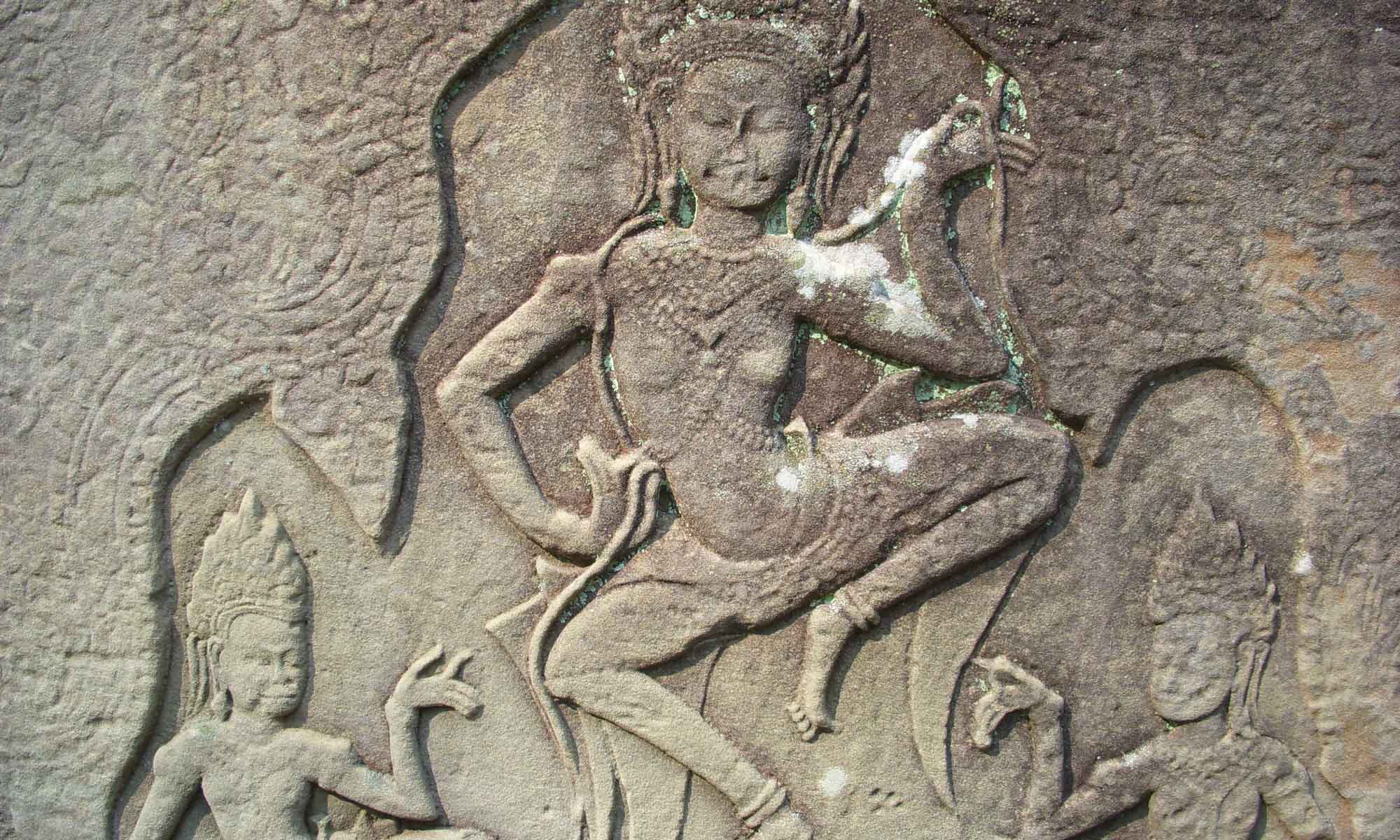By the Light (and Dark) of the Moon
By the Light (and Dark) of the Moon — Lunar Knowing: The Cyclic, Dark, and Regenerative Moon Nurturing Wisdom, Culture, Inspiration, and Research
Women have been conducting research and generating culture and knowing through relationship with the moon for tens of thousands of years. Part of the work of reclaiming ancient ways of knowing involves cultivating a resurgence of the luminous and dark regenerative cycles and dimensions of lunar knowing. This panel highlights several lunar ways of knowing, and provides both theory and praxis for research by the light (and the dark) of the moon.

Vicki Noble will describe a qualitative research design method that guides the positioning of the researcher with natal lunar phase astrological placements inside a cross-cultural mandala of ritual and seasonal significations. She researches the significance of this transcultural cyclic lunar template as an informing deep schema.
Researcher Demetra George’s scholarship will explore the cycles of birth, growth, death, and renewal via lunar cycle progressions, illustrated by the descent and illumination of Teresa of Avila. This case study demonstrates the powerful way that lunar cycles enable us to identify our unique timing and then offers guidance to pass through these periods utilizing the regenerative healing powers inherent in the dark of the moon.
Extending application of lunar knowing to focus on research systems, Marna Hauk’s paper will propose thirteen dimensions of research that can be informed or guided by lunar phenomena, framing a set of practices and methods as the methodology of lunar inquiry. It will consider the reflective, tidal, cyclic, and waxing-waning-regenerating aspects of the moon applied to qualitative research methodologies and methods.

Finally, We’Moon and We’Mooniversity founder Musawa Moore will share imagery and herstory to examine the moon’s transformative role as muse in contemporary women’s spiritualities and arts. Particularly, this last paper dives into how lunar knowing inspires an embodied, cross-cultural experience of cyclic diversity, oneness, and change-making. To learn more about We’Moon in all its incarnations check out this post: More About We’Moon.
Throughout, the panel turns attention to the multiple themes, approaches, and methods for emancipating women’s vibrant lunar knowing.







You must be logged in to post a comment.